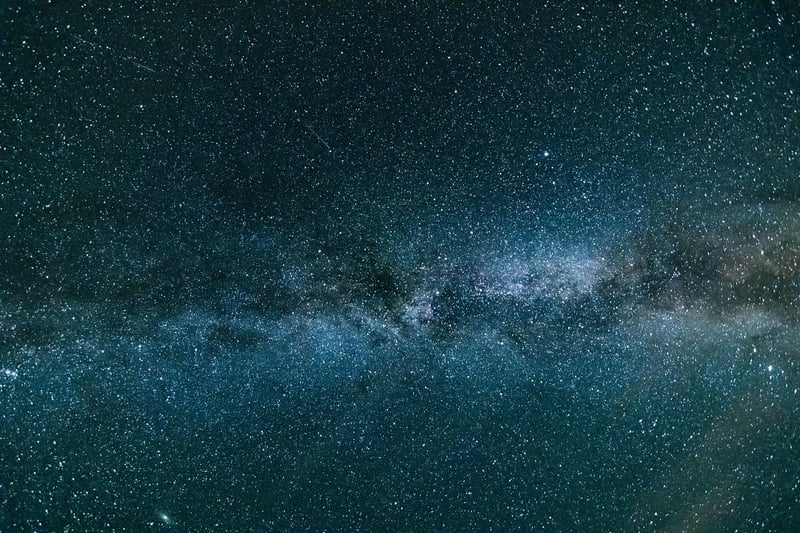Interstellar Clouds
Unveiling the Mysteries of Interstellar Clouds
Have you ever gazed up at the night sky, wondering about the vastness of the universe and the secrets it holds? One of the most intriguing phenomena in space is interstellar clouds. These cosmic formations are not just beautiful to look at; they also play a crucial role in the birth and evolution of stars.
What are Interstellar Clouds?
Interstellar clouds are vast regions of gas and dust floating in the space between stars in a galaxy. These clouds are primarily composed of hydrogen and helium, along with microscopic particles of dust. They come in various sizes and densities, ranging from small, dense molecular clouds to giant, diffuse nebulae.
Types of Interstellar Clouds
There are two main types of interstellar clouds:
- HII Regions: These are ionized hydrogen regions that emit a reddish glow due to the presence of young, hot stars within them.
- Molecular Clouds: These are dense, cold regions where gas and dust clump together, providing the perfect environment for star formation.
Role in Star Formation
Interstellar clouds are the stellar nurseries of the universe. Within these clouds, gravity causes gas and dust to collapse, leading to the formation of protostars. As these protostars gather more mass, they eventually ignite nuclear fusion and become full-fledged stars.
Exploration and Research
Scientists use various instruments like telescopes and satellites to study interstellar clouds in different wavelengths of light. By analyzing these clouds, researchers can gain insights into the processes of star formation and the chemical composition of the universe.
Conclusion
Interstellar clouds are not just distant objects in the night sky; they are the cosmic cradles where stars are born. By delving into the mysteries of these clouds, we unravel the secrets of the universe and our place within it.

Next time you look up at the stars, remember that those twinkling lights are not alone; they are surrounded by vast interstellar clouds, shaping the tapestry of the cosmos.
